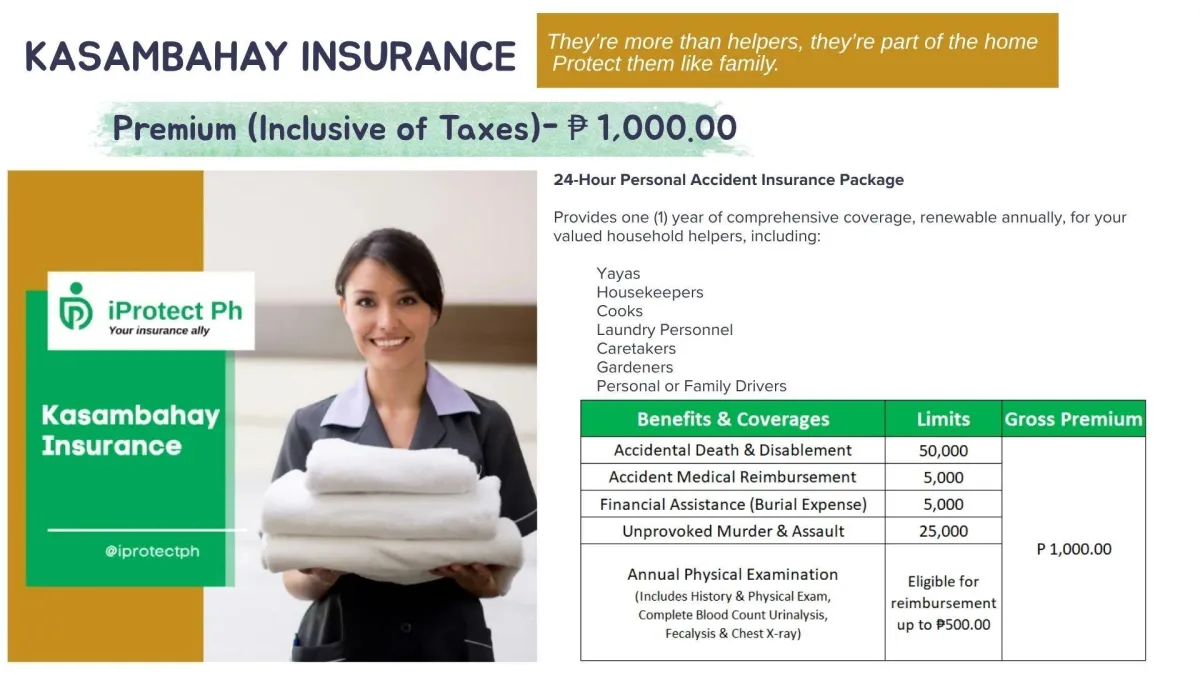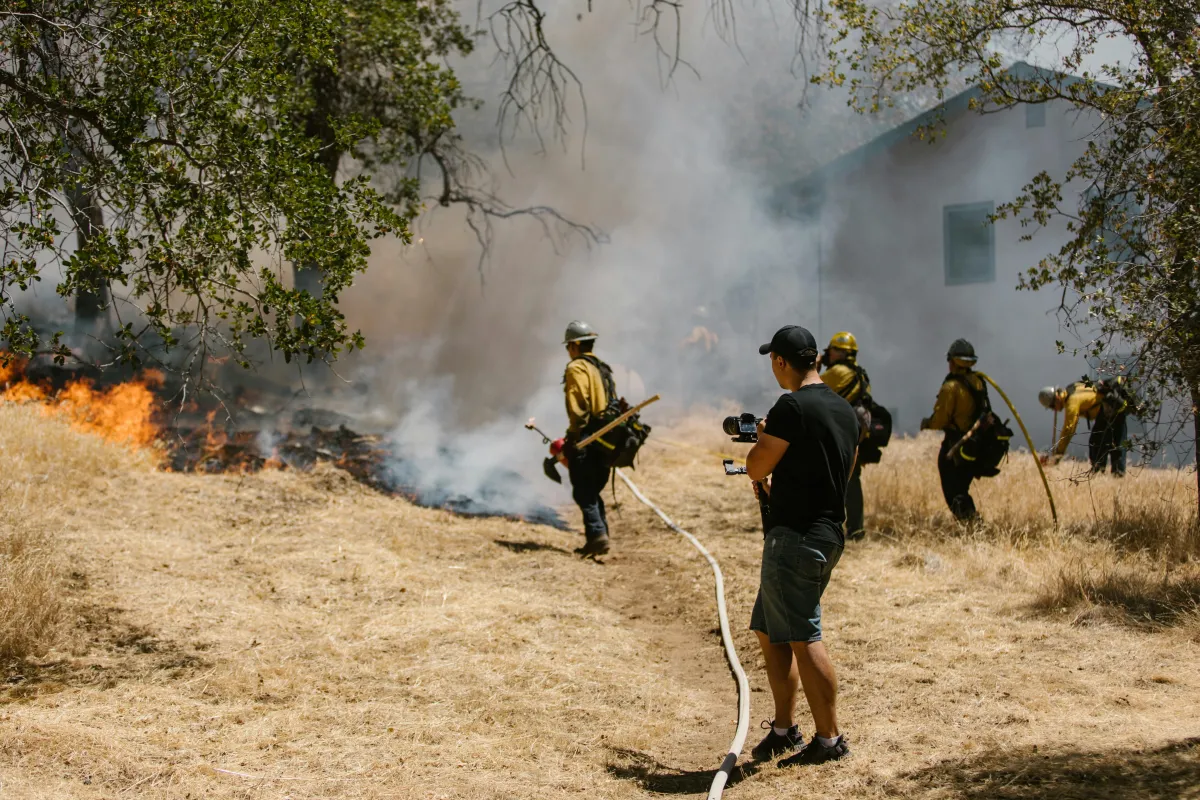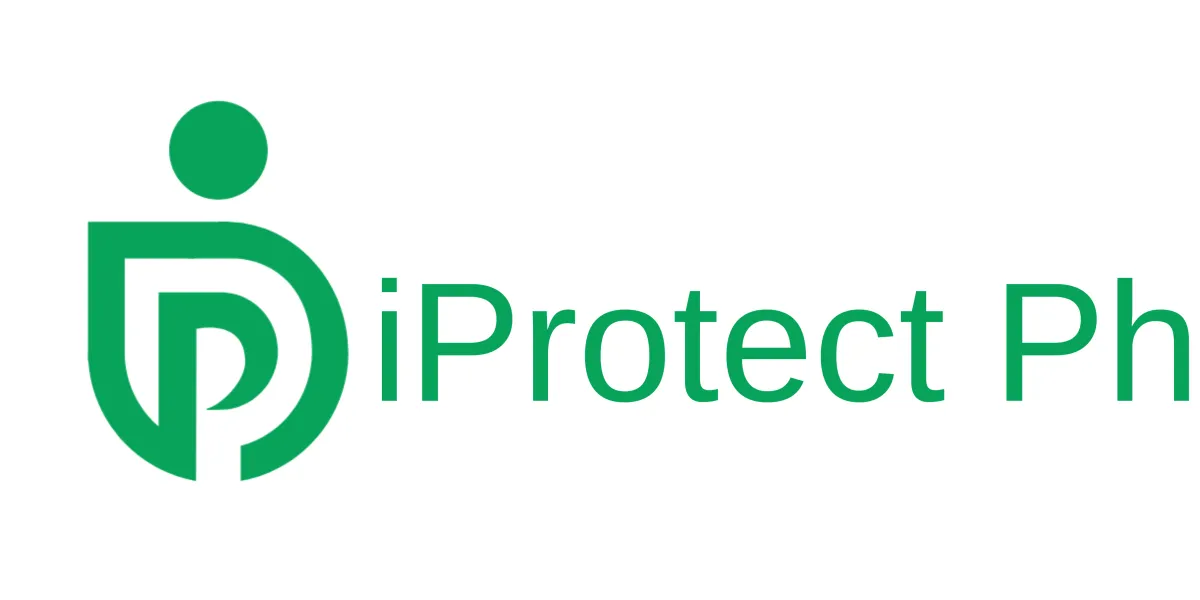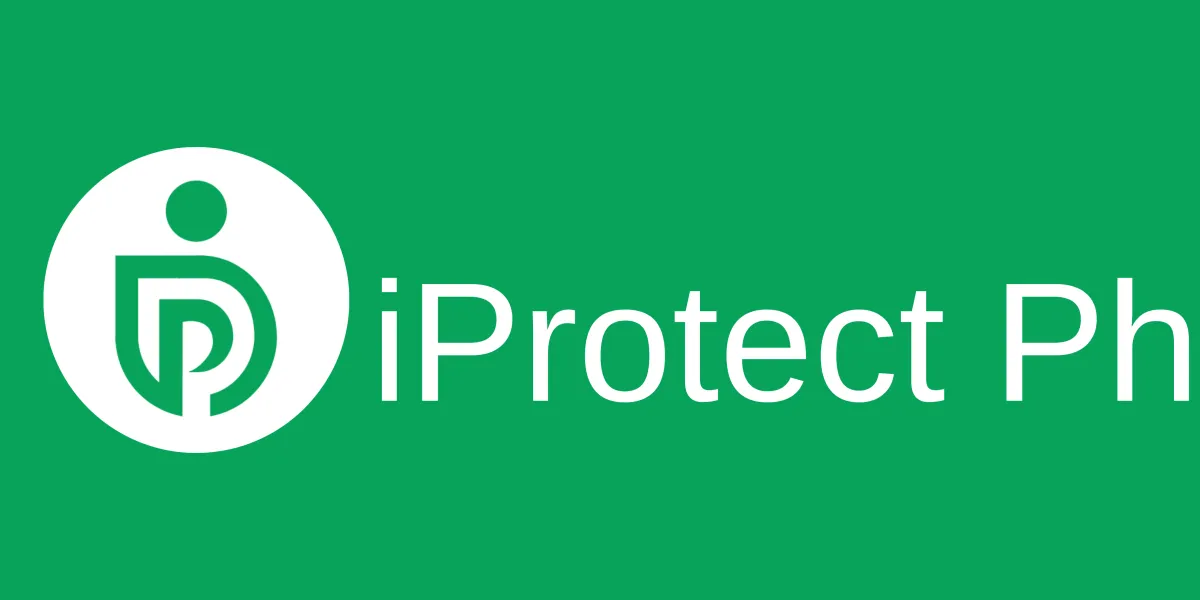Your Insurance Ally
Services
LifeVista is dedicated to empowering individuals and fostering positive change through coaching.
LifeVista is dedicated to empowering individuals and fostering positive change through coaching.
LifeVista is dedicated to empowering individuals and fostering positive change through coaching.
LifeVista is dedicated to empowering individuals and fostering positive change through coaching.
LifeVista is dedicated to empowering individuals and fostering positive change through coaching.
LifeVista is dedicated to empowering individuals and fostering positive change through coaching.
LifeVista is dedicated to empowering individuals and fostering positive change through coaching.
LifeVista is dedicated to empowering individuals and fostering positive change through coaching.
LifeVista is dedicated to empowering individuals and fostering positive change through coaching.
LifeVista is dedicated to empowering individuals and fostering positive change through coaching.
ts
s
Non Life Insurance Products
In partnership with trusted and established insurance providers.
Non Life Insurance Products
In partnership with trusted and established insurance providers.


SURETY
Surety bonds serve as a financial safety net, ensuring that suppliers or contractors can fulfill their obligation, especially when they fall short of agreed performance targets. They're often a critical requirement for large-scale projects, providing confidence and security for all parties involved.
At iProtect PH, we help simplify the entire surety process, from making sure your bond aligns with your contract terms to assisting with claims and representing your best interests every step of the way.
A surety bond involves three key players:
The Principal – the contractor or supplier providing the service
The Obligee – the client or project owner who requires the guarantee
The Surety – the insurance provider backing the bond
Let us help you secure the trust and support you need to move forward with confidence.
Contractor’s Bond
A Contractor’s License Bond is a type of commercial surety bond designed to protect a contractor’s clients or employees in case of financial loss due to the contractor’s unlawful or unethical actions.
It acts as a safeguard, ensuring that the contractor operates in compliance with state laws and industry regulations. If the contractor fails to meet legal or contractual obligations, affected parties can file a claim against the bond for compensation.
At iProtect PH, we can help you secure the right contractor’s bond so you can build trust, stay compliant, and protect your reputation.
Customs Bond
A customs bond is a legally binding agreement involving three parties, Customs, the principal (such as an importer), and a surety, which guarantees that the principal will pay all required duties, taxes, and fees in compliance with customs regulations.
Judicial Bond
Judicial bonds, also referred to as litigation bonds, are required in certain civil court proceedings. They serve as a financial guarantee that the party involved can cover legal costs or other obligations arising from the case.
Guaranteed Bond
A guaranteed bond is a type of debt instrument that includes a secondary assurance from a third party, such as a bond insurer, government agency, fund, or parent company, promising to cover interest and principal payments if the issuer fails to do so due to insolvency or bankruptcy. These bonds can be issued by either corporate entities or municipalities.
License Bond
A license bond, also known as a permit bond, is a type of surety bond required by government agencies, such as municipalities, to authorize an individual or business to engage in a specific activity. This bond serves as a guarantee that the applicant (referred to as the Obligor) will adhere to all applicable laws and regulations. The government body requiring the bond is known as the Obligee. There are various types of license bonds depending on the nature of the activity.
Fidelity Bond
A fidelity bond is a type of business insurance that protects employers from financial or physical losses resulting from fraudulent or dishonest acts committed by their employees.
Heir's Bond
An Heir’s Bond protects the rightful heirs of a deceased person by ensuring that the estate is managed and distributed fairly. It gives assurance that the appointed heir or administrator will handle the assets responsibly, safeguarding the interests of all beneficiaries.

FIRE AND ALLIED PERILS
The insured is covered for direct losses caused by fire, lightning, or explosions resulting from gas used for domestic purposes.
Three Basic Fire Insurance Coverages
Fire – Under standard fire insurance policies, fire refers to combustion that produces a visible flame. This means that heat alone is not considered a fire unless actual ignition or burning occurs.
Lightning – The second key peril covered by fire insurance is lightning. It refers to the discharge of atmospheric electricity—a natural event. Damage caused by lightning is compensable even if no fire results from the strike.
Explosion of Gas for Domestic Use – This coverage protects against loss or damage resulting from the explosion of gas used for lighting or household purposes, provided the explosion occurs in a building that is not part of any gasworks facility.

HOME PROTECT
Live with confidence, protected from the unexpected, and enjoy the comfort of your home.
PROPERTY INSURANCE
Fire and Lightning, - Flood and Typhoon, Earthquake Fire and Shock, Riot, Strikes and Malicious Damage, Extended Coverage (Smoke Damage, Explosion, Vehicle Impact and Falling Aircraft), Bursting or Overflowing of Water Tanks and Pipes (BOWTAP), Sprinkler Leakage
Subject to Act of God Assessment
COVERS THE FOLLOWING
Single Detached Houses
Townhouses
Leasehold Improvements and Contents within rented properties
PLEASE DECLARE THE FOLLOWING UPON APPLICATION, WHICHEVER APPLIES TO YOU.
• Building - refers to the main structures of your home, like the walls, roof, and floors
• Leasehold Improvements - these are the changes or upgrades you've made to a rented space to make it better, like adding shelves or renovating
• Contents - items inside your home, such as clothing, appliances, and other items, excluding electronics, cash, and jewelries
• Furniture, Fixtures, and Fittings - such as cabinets, lights and other built-in properties in your home.
(unless excluded in the Policy)

MOTOR VEHICLE
Motor vehicle insurance is a type of coverage that relates to the ownership, maintenance, or use of motor vehicles. It includes protection for various types of vehicles such as motorcycles, scooters, buses, trailers, and even road construction equipment. This insurance also provides coverage for passenger accidents and third-party liability, specifically for death or bodily injuries resulting from motor vehicle accidents.
Comprehensive Insurance
Comprehensive insurance is a type of auto coverage that helps cover the cost of repairing or replacing your vehicle if it’s stolen or damaged in a non-collision-related incident. Often referred to as "other than collision" coverage, it typically includes protection against events such as fire, vandalism, theft, or damage caused by falling objects like trees or hail. While it is usually required by lenders when leasing or financing a vehicle, it remains optional if you fully own your car.
Third Party Insurance
Third-party insurance is a type of liability coverage where the insured (first party) purchases protection from an insurance provider (second party) against claims made by another individual or entity (third party). This insurance covers the legal liability of the insured for damages or injuries caused to the third party, even though the first party remains responsible for their own losses.
Personal Accident Acts of Nature

MARINE
Marine insurance provides coverage against risks associated with navigation, transportation, or any phase of preparation for shipment. It protects ships, cargo, freight, profits, or other insurable interests in movable property from the various perils of the sea during a voyage or over a specified period.
Cargo
Marine cargo insurance covers goods, merchandise, and other property that may be exposed to risks or perils during transportation from one location to another, whether by sea, air, or land. It provides protection against loss or damage that may occur while the items are in transit.

ENGINEERING
Engineering involves applying scientific and mathematical principles to design, construct, and develop machines, structures, and systems such as bridges, tunnels, roads, vehicles, and buildings. It is a broad discipline that includes various specialized branches, each focusing on specific areas of applied science, mathematics, and practical applications.
Contractor’s All Risk
Contractor’s All Risk insurance provides comprehensive coverage for buildings and civil engineering projects during the construction phase. It protects against accidental loss, damage, or destruction of materials, works in progress, construction equipment, and machinery used on-site.
Erection All Risks (EAR)
Erection All Risks (EAR) insurance provides financial protection to principals, contractors, manufacturers, and suppliers involved in the installation of machinery, equipment, and plants. It covers loss or damage to the insured property at the project site caused by sudden, accidental, and unforeseen events during storage, erection, testing, and commissioning.
Electronic Equipment

PERSONAL ACCIDENT
Personal Accident Insurance is a policy designed to cover medical expenses and provide financial compensation in the event of disability or death resulting from an accident. In the case of accidental death, the beneficiary (nominee) receives a lump-sum payout, helping ensure the family’s financial stability during a difficult time.
Personal Accident Insurance
Group Personal Accident Insurance
Group Personal Accident Insurance offers comprehensive coverage for expenses resulting from accidents. In the event of the insured’s accidental death, 100% of the sum insured is paid to the designated beneficiary. This policy also covers injuries such as burns sustained due to an accident, providing financial protection to the insured and their dependents.
Student Personal Accident Insurance

MISCELLANEOUS GENERAL ACCIDENT
Property Floater Insurance
Property Floater Insurance is specifically designed to cover heavy equipment used in construction, industrial activities, and other operations such as farming and quarrying. This includes machinery like cranes, tractors, bulldozers, compressors, generators, payloaders, and other mobile equipment that do not require government registration.

COMPREHENSIVE GENERAL LIABILITY INSURANCE (CGLI)
Protects businesses against financial losses arising from third-party claims due to bodily injury, property damage, and personal or advertising injury that occur in the course of business operations.
Get Personalized Insurance Help
Everyone’s situation is unique, and that’s why we take the time to understand your needs, priorities, and goals. Whether it’s for life protection, health coverage, future investments, or non-life insurance like car, property, or business coverage—we’ll help you find the right plan that fits you perfectly.
Small Call to Action Headline
Small Call to Action Headline
© 2025 iProtect Ph. All rights reserved.

